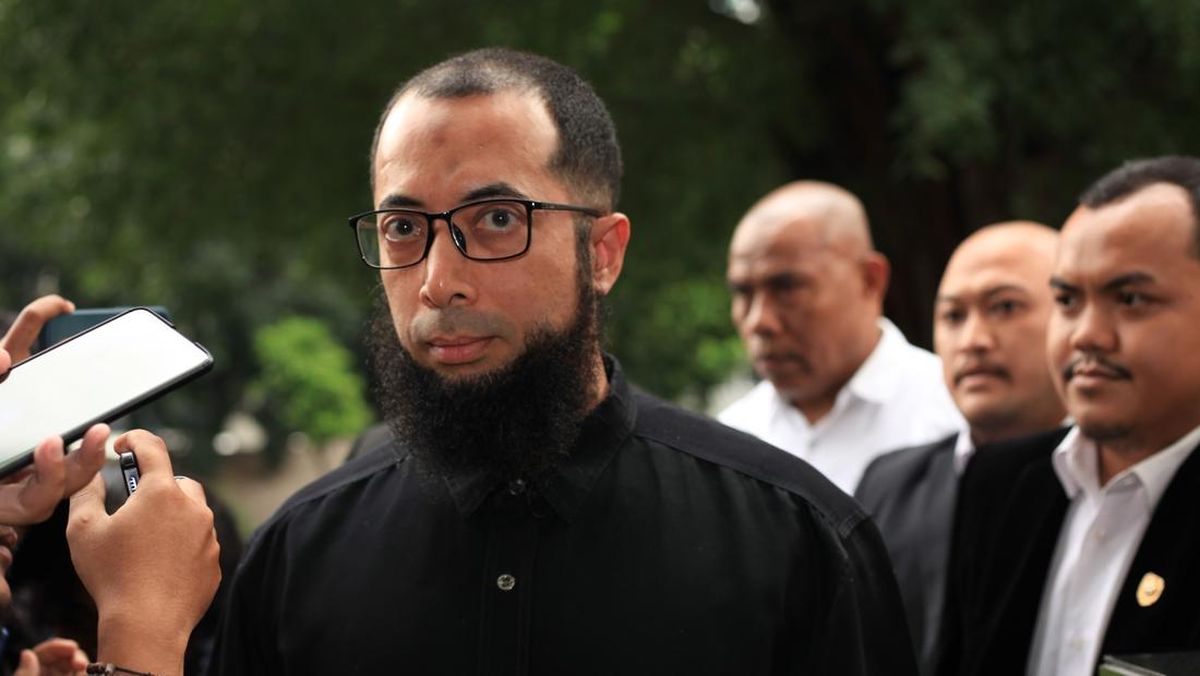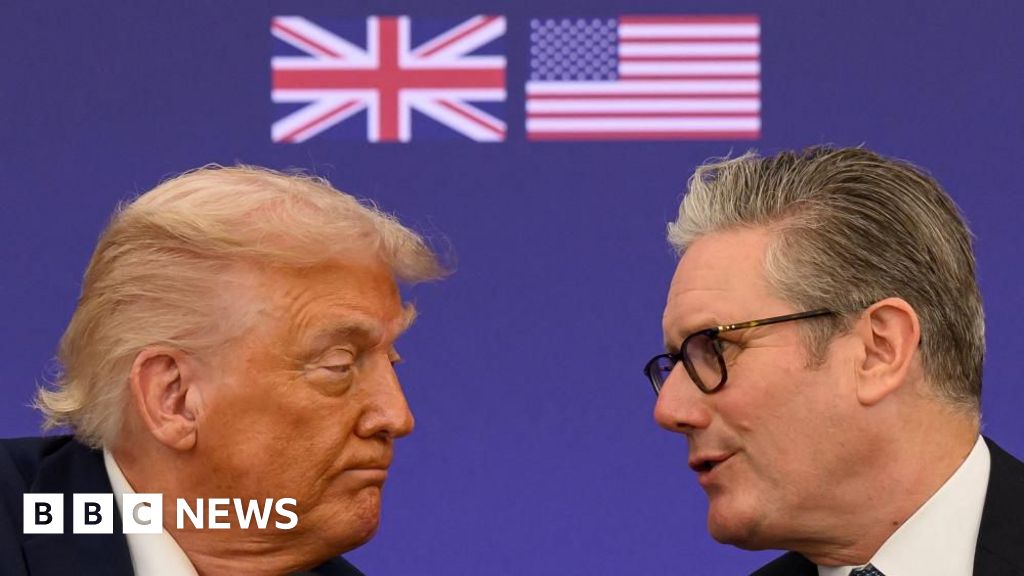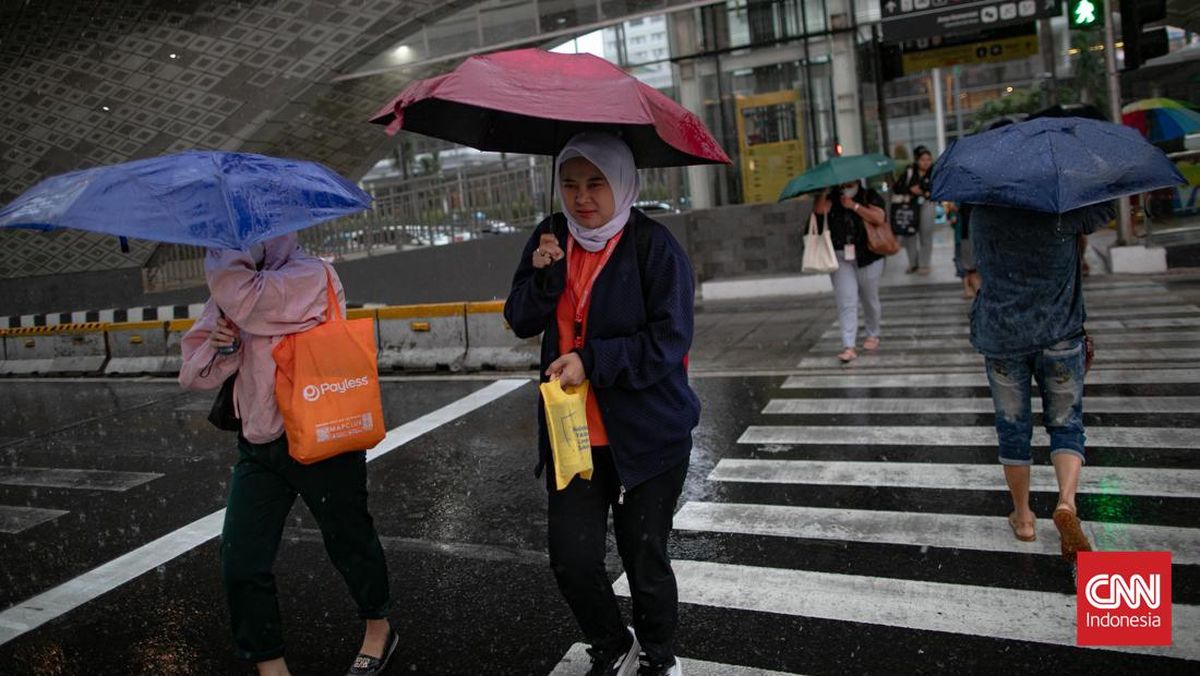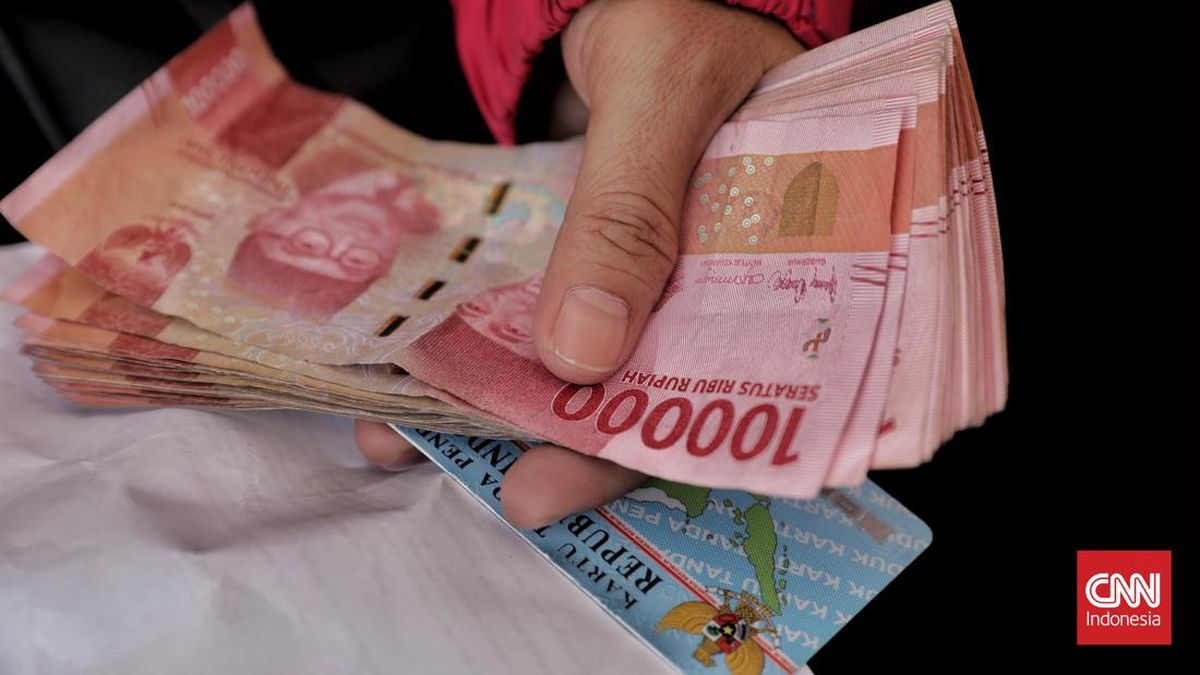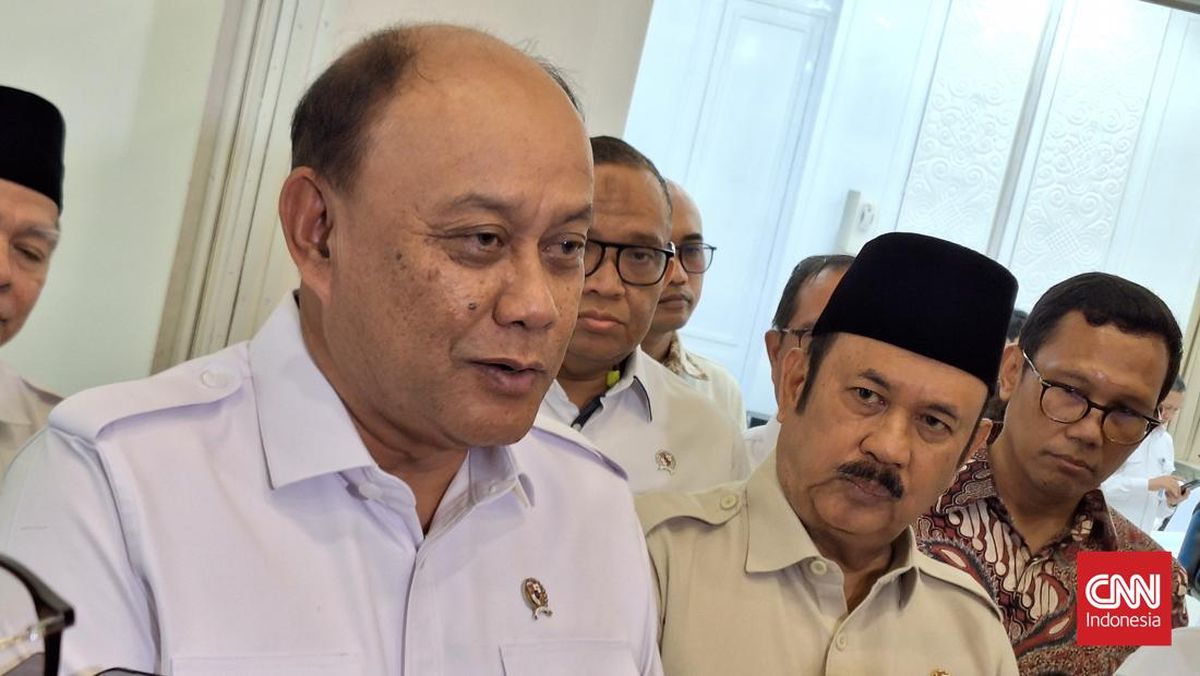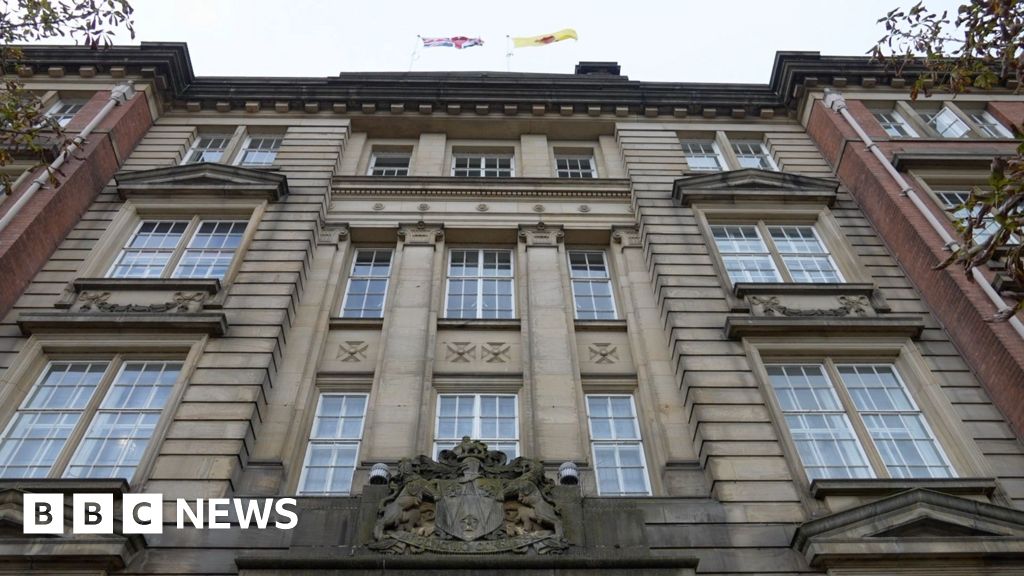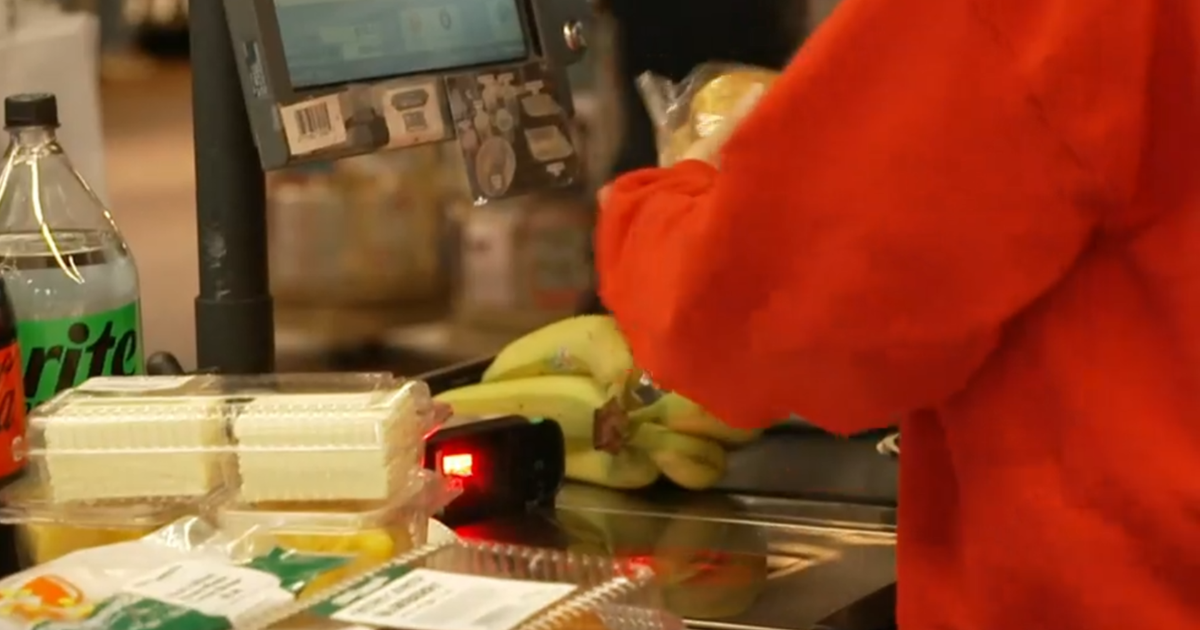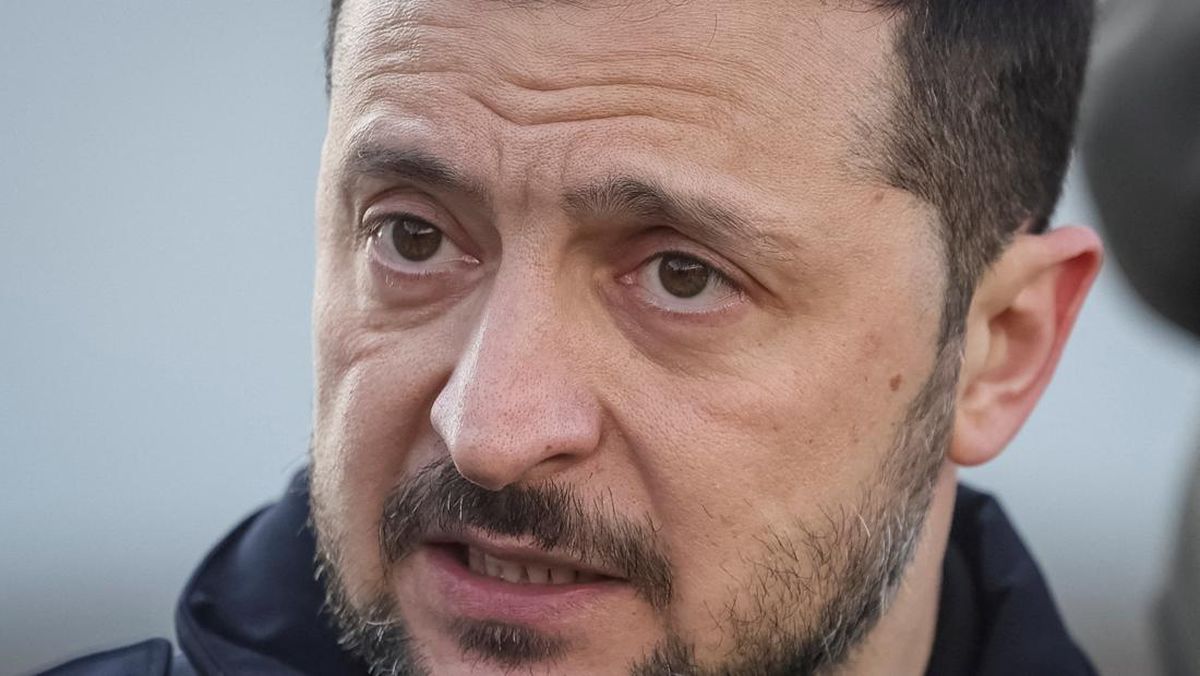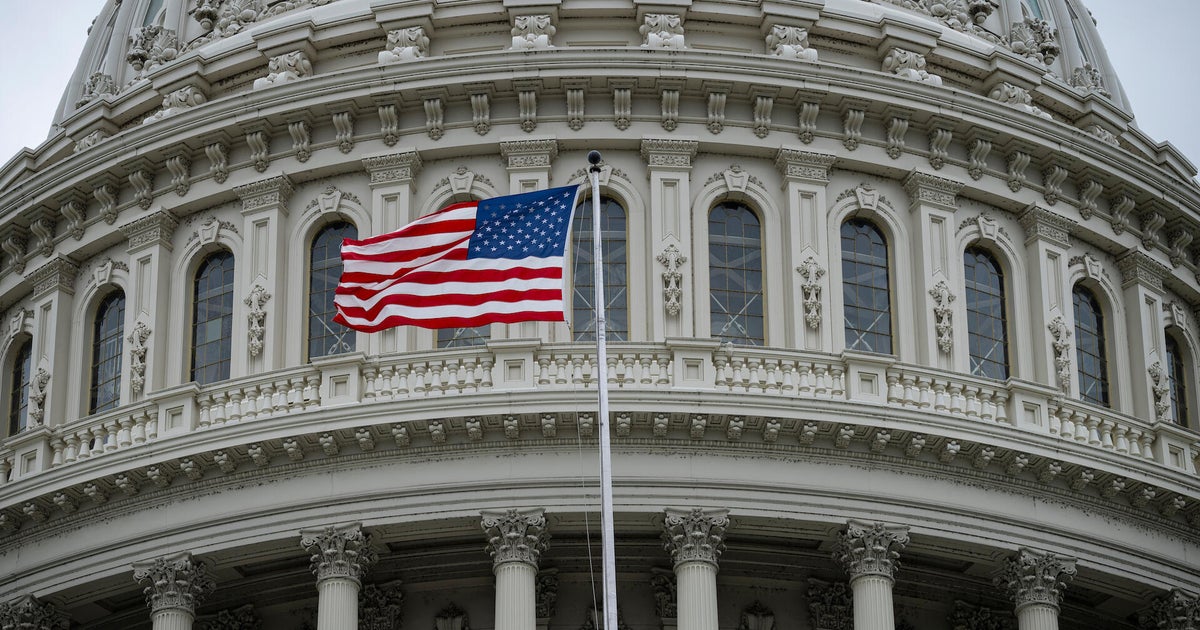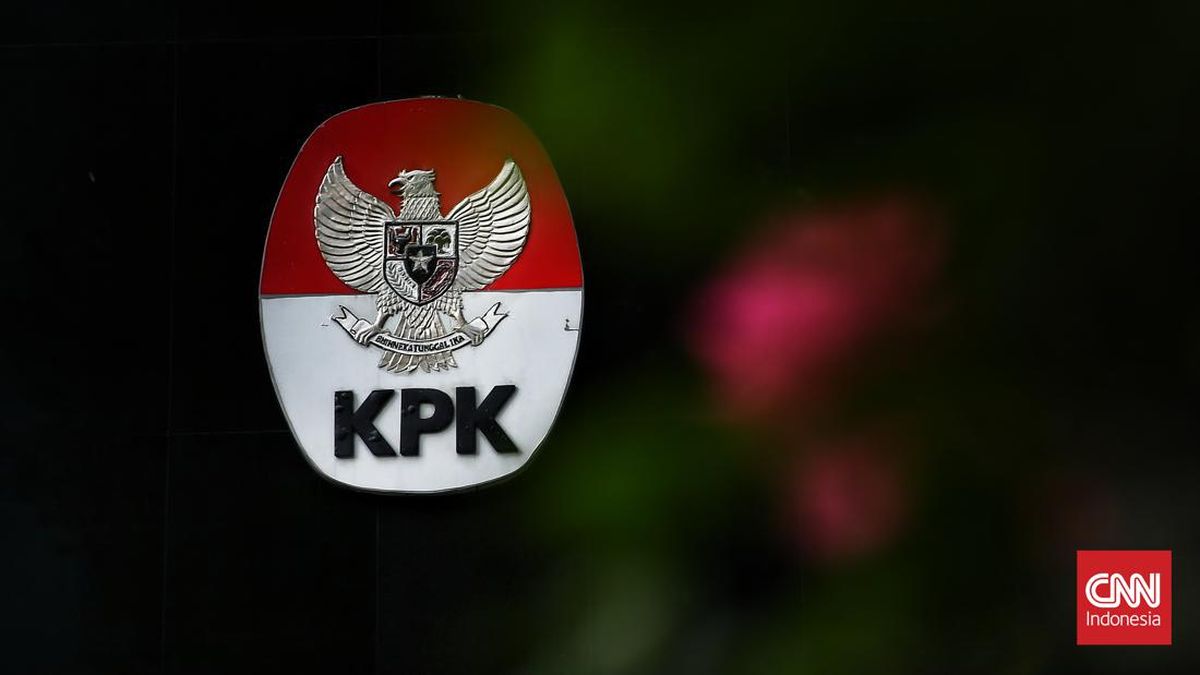A Russian-born Queensland businessman arrested as part of an investigation into a suspected Chinese Communist Party spy network allegedly acted as an intermediary to sell parts of SU-35 Russian fighter jets, it can be revealed for the first time.
Encrypted messages downloaded from the phone of alleged foreign operative Brian Chen as he fled Australia will become central to a Commonwealth criminal case against Brisbane businessman Alexander Cher.

Alleged Chinese intelligence operative Brian Chen.
The District Court trial for Cher, 67, was due to begin this week in Brisbane. But on the first day, Judge Tony Moynihan vacated the proceedings, with the case now expected to be delayed by almost a year.
Cher’s defence barrister, Mark McCarthy KC, raised issues with the admissibility of evidence from the prosecution, which centred on the encrypted messages between Chen and others.
Cher’s case has been before the courts since 2022, when he was charged alongside Gold Coast-based accountant Kim Bowei Lee with contraventions of Australia’s Defence Trade Control Act.
Cher was accused of partnering with Chen, a Chinese national and former Melbourne businessman, who is now in hiding overseas and subject of an Interpol red notice. An official source described Chen to this masthead in 2022 as a Chinese military intelligence operative “who travels the world as a spy”.
The court this week heard Chen left Australia in February 2019, and he had not returned.
Commonwealth prosecutor Jennifer Single SC said Chen’s phone was seized by police at the airport on February 20, 2019. Data was downloaded from the phone, the court heard, and Chen left Australia.
About a year later, on February 5, 2020, police raided Cher’s home and the home of his co-accused Lee, the court heard.
At Cher’s property, officers seized the accused’s iPhone X and his computer and downloaded evidence from the devices.

Alexander Cher outside court in 2022. Credit: Cloe Read
The court heard prosecutors were relying on data from Chen’s phone downloads, and chats between Chen and Lee.
Single said Cher had been “acting as an agent or intermediary” on behalf of the two men in relation to parts of Russian-made fighter SU-35 jets.
Most of the chats were over WeChat and Viber, the court heard, making the investigation more difficult than if they had communicated via text messages through Australian service providers.
“In any event, what we do have is the original downloads, which show the metadata behind each message,” she said.
McCarthy pressed that the data needed to be authenticated to be admissible for his client’s trial.
“This is a device taken from a person at an airport, departing from the country, under suspicion it would seem, and the device has been copied, and that copy is then subsequently examined,” he said.
“That person is suggested to be, at least in open-source material in the media, a foreign operative, and the authentication of the device is a necessary step to be able to then rely upon any of that data to be able to say what it is, is what it appears to be.”
McCarthy said the closest comparison would be a handwritten letter seized by police at a crime scene. He said if one wanted to determine its authenticity, it would need to undergo various tests, such as handwriting analysis, and identification of any fingerprints.
“If the Crown is asking the court to proceed on the basis of an inference in relation to the device of a suspected foreign operative, [a] device [which] has not been examined, and is no longer in the custody of the Crown, then they can make that submission,” McCarthy put forward.
Loading
He said his client’s case was different from “when an accountant’s firm on George Street is involved allegedly with a small suburban business” in a case of incorrectly completed tax returns.
“This is a case involving international espionage,” he told the judge, urging him not to proceed on the basis of devices that were not in the Crown’s custody, and had not been properly examined.
The case will now proceed to a hearing, where the prosecution said it intended to call at least three witnesses regarding the authenticity of the phone downloads.
The court heard more than 100 pages of messages purported to be between Chen and others had been translated. There were also about 280 documents and emails seized from the accused’s devices.
Both the prosecution and defence told the court there were no cases relating to the specific type of authentication of material.
“This is why this is something the Commonwealth will be taking very seriously,” Single said.
Moynihan ordered for the trial to be vacated to a later date, which has yet to be officially determined. The court this week heard the case would likely not proceed to trial until July next year, with timing conflicts across court, prosecution and defence calendars.
Cher ran a string of companies in Queensland and NSW, with his first venture in Australia being an agriculture company he founded in 1996. In the 1990s, he moved to Queensland, and shortened his name from Alexander Tcherkezov to Alex Cher. He later launched companies in the property, construction, and maritime sector part-financed by businessmen from Russia and Ukraine.
Cher also worked as a federal government-licensed migration agent, running a business called Nita International, which helped Russians get visas or residency in Australia.
Start the day with a summary of the day’s most important and interesting stories, analysis and insights. Sign up for our Morning Edition newsletter.
Most Viewed in National
Loading

